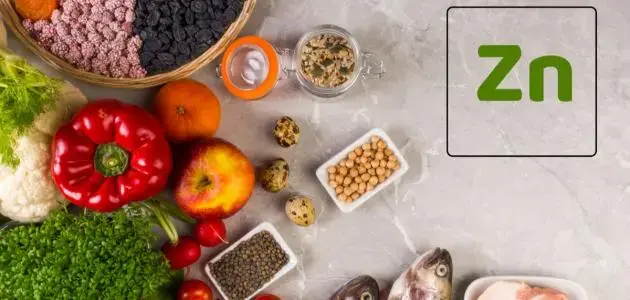What Is Zinc?
Zinc—also known as zinc oxide or by its old names like "tutty" or "kharsin"—is a chemical element (symbol Zn) and an essential mineral your body needs to grow and stay healthy. It’s part of the transition metals and is found in different parts of your body like the skin, bones, muscles, retina, semen, pancreas, and especially the prostate gland.
You can get zinc from a variety of foods, including kale, peanuts, wheat, red meat, oats, grains, ginger root, oysters, poultry, legumes, eggs, pumpkin, dark chocolate, cocoa, watermelon, nuts, fish, almonds, peas, and dairy products like cheese and milk.
How Zinc Helps the Prostate
Some studies suggest that zinc might help protect the prostate by supporting the immune system, which could help reduce the risk of inflammation or other prostate issues. However, the research is mixed, and high doses of zinc—especially over long periods—have been linked to an increased risk of prostate cancer. So, it’s a good idea to check in with your doctor before taking zinc supplements.
Other Health Benefits of Zinc
Getting enough zinc can do more than just support your prostate. Here are some potential benefits (though it’s always smart to talk to your doctor first):
- Helps renew skin cells
- May ease sunburn
- Boosts your immune system to help fight off infections
- Can help wounds heal faster
- Might reduce physical fatigue and stress
- Could help with anxiety, fear, or tension
- May improve appetite
- Supports healthy skin and can reduce acne
- Might help fade scars
- Keeps your energy levels up
Signs You Might Be Low on Zinc
If your body isn’t getting enough zinc, you might notice some of these symptoms:
- Frequent diarrhea
- Unusual bone growth patterns
- Slow wound healing
- Feeling sluggish, tired, or having trouble focusing
- White spots under your nails
- Loss of appetite and unintentional weight loss
- Reduced sense of taste or smell
- Hair loss
- Eye problems
- Getting sick more often than usual
Too Much Zinc? Watch Out for These Signs
Taking too much zinc can also cause some issues. Here are some symptoms of zinc overload:
- Nausea or vomiting
- Stomach pain
- Persistent headaches
Leave a comment
Your email address will not be published. Required fields are marked *




